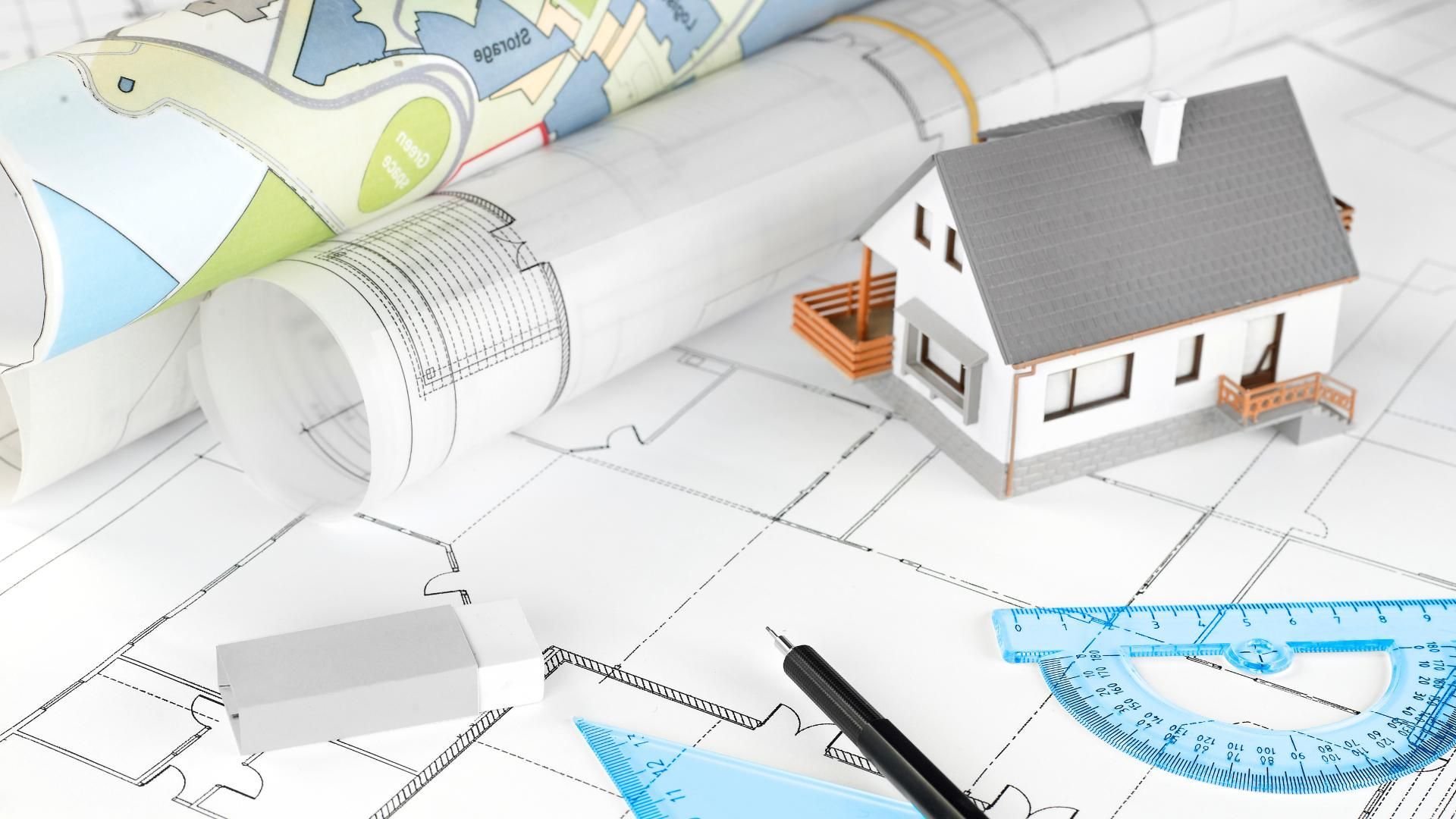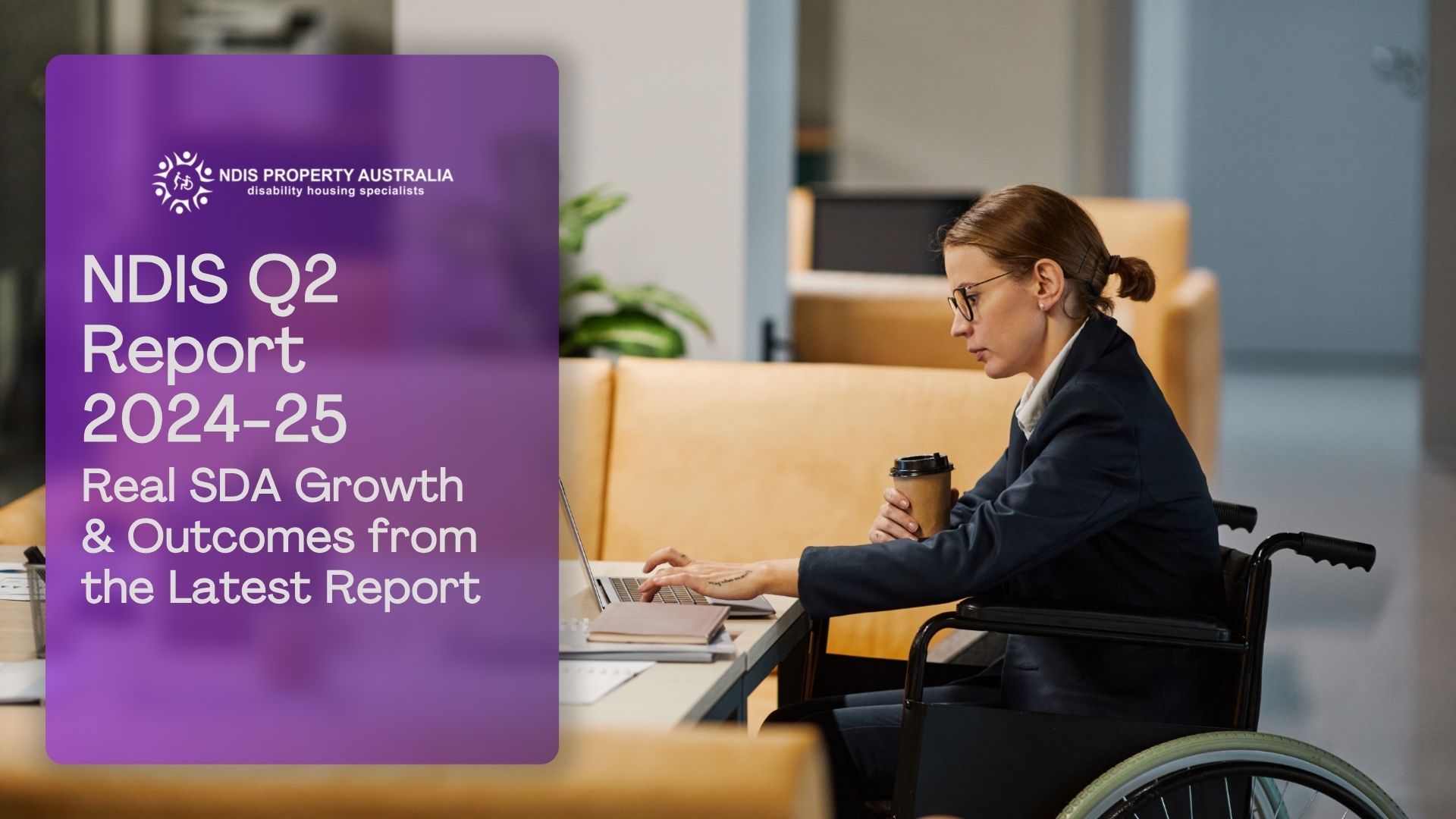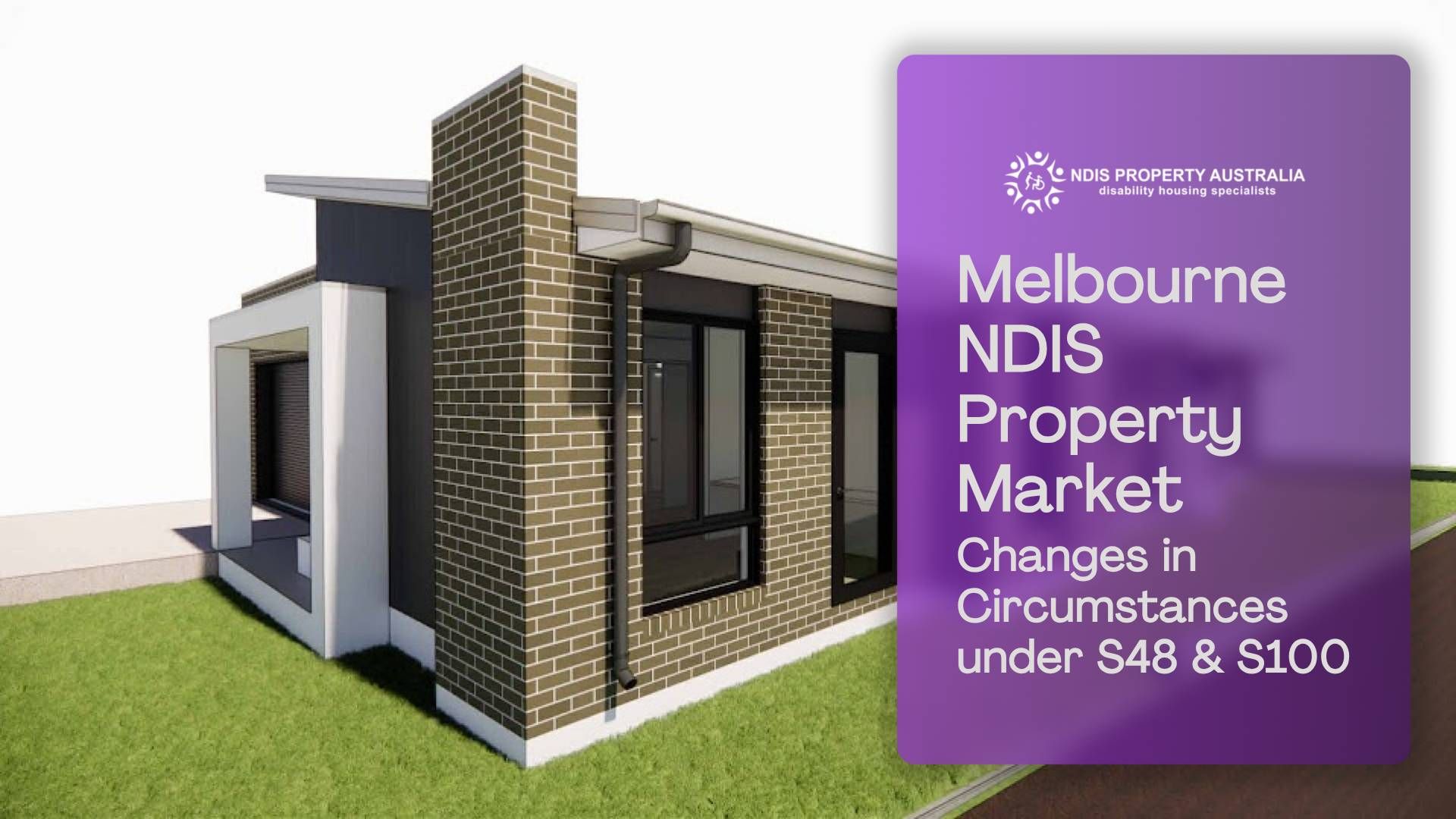The Untold Story of SDA Property Investment
Before we go deeper into SDA property investment, it's vital to grasp the unique aspects of this market. Unlike traditional real estate investments, SDA properties cater specifically to individuals with disabilities, requiring adherence to specific standards and guidelines into deeper understanding of both the physical requirements of the properties and the needs of the potential occupants. Getting into this market means getting to grips with both the building rules and what people with disabilities actually need in a home.
Read also: Challenges and Opportunities on SDA Apartment & Housing Investment
Financial Preparedness and Risk Assessment
One of the primary considerations for potential SDA investors is financial readiness. Emphasise the importance of having a substantial deposit, typically more than the standard 20%, and the ability to cover additional costs like stamp duty and participant procurement fees. Furthermore, investors should be prepared for potential valuation shortfalls and have the financial capacity to cover income shortfalls during periods without tenants.
In depth market research is essential. Investors should not only understand SDA guidelines and disability housing but also be aware of the specific demands and trends in the SDA market. This includes understanding the average time lag for tenant occupancy, which can be around six months, and preparing for the worst-case scenario of up to 12 months of vacancy.
The Role of NDIS Accommodation Providers
SDA providers must ensure that their properties comply with NDIS regulations, which include safety standards, accessibility features, and suitability for various disability types. These providers play a crucial role in connecting SDA properties with suitable tenants.
Key Scenarios to Reconsider SDA Property Investment
Investing in Specialised Disability Accommodation (SDA) properties requires careful consideration of various factors. Here are detailed scenarios where potential investors might need to reconsider their decision:
Lack of Experience or Understanding of the SDA Market
SDA investments are not typical real estate ventures. They require a deep understanding of the NDIS framework and specific needs of disabled individuals. Investors should be familiar with the funding model, including how payments are structured and the factors influencing them, also the unique design and construction standards of SDA homes, as well as the operational aspects of managing such properties.
Insufficient Financial Resources for Initial and Ongoing Costs
SDA investments often require a higher initial capital outlay compared to traditional property investments. This includes a substantial deposit, usually more than 20%, and additional costs like stamp duty and participant procurement fees. Investors should be financially prepared for potential valuation shortfalls and have a buffer to cover these discrepancies.
Being prepared to bridge temporary income gaps is essential for the long-term success of this investment. Investors should have the financial capacity to cover mortgage and maintenance costs during tenant vacancy periods, which can last several months.
Managing the Complexities and Risks Associated with SDA Properties
SDA property investment involves navigating complex regulatory requirements and ensuring continuous compliance with evolving SDA guidelines. The process of tenanting SDA properties can be lengthy and uncertain. Investors need to be adept at managing these challenges, such as understanding the local demand for different types of SDA properties and working closely with NDIS accommodation providers for tenant placement to make sure these investments align with needs.
Concerns About Government Policy Changes or Negative Media Influences
The SDA sector, being part of the broader NDIS framework, can be subject to policy changes. Investors should stay informed about potential legislative shifts that could impact the viability of their investment. Negative media coverage about the NDIS or SDA sector can influence public perception and potentially impact the investment climate. Being aware of these influences and understanding their implications is important for making informed investment decisions.
Read also: The Strategic Guide to NDIS Investment Properties
Making an Informed Decision on SDA Investment
Investing in an SDA property requires more than just financial resources; it demands a comprehensive understanding of the market, the ability to manage risks, and a commitment to the long-term nature of the investment. By considering the insights from this, potential investors can make more informed decisions and determine if SDA property investment aligns with their investment goals and capabilities.




